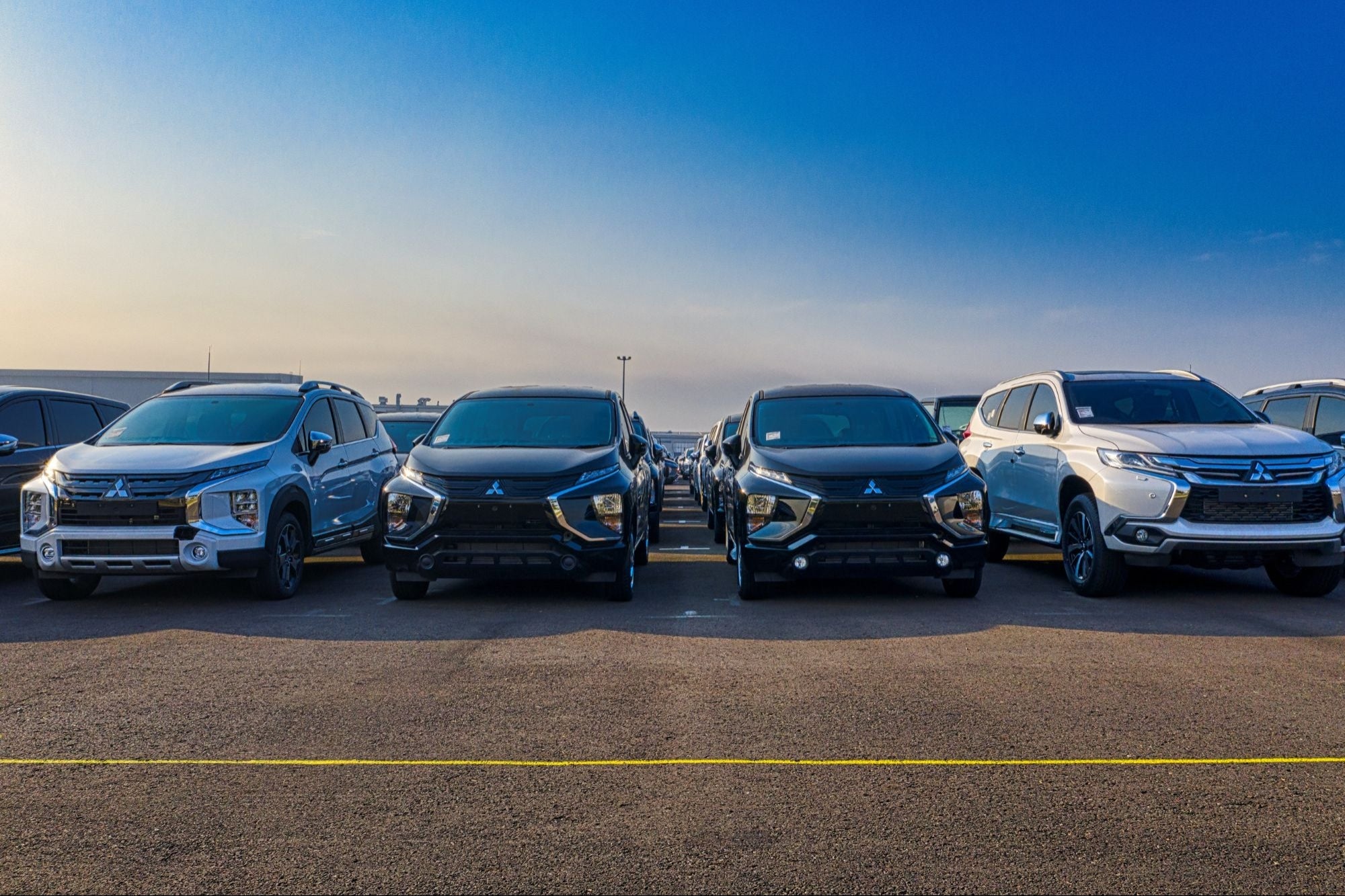Auto Industry: Wheeling Towards a Joy Ride The Union Budget has laid special emphasis on the Vehicle Scrappage Policy, exemption on customs duty, with a clear focus on green growth. Besides, the move to augment infrastructure projects coupled with tax rebate for the middle class will act as a booster dose for the auto sector
Opinions expressed by Entrepreneur contributors are their own.
You're reading Entrepreneur India, an international franchise of Entrepreneur Media.

The Union Budget 2023 announced a slew of measures for the automobile industry. From exempting customs duty on certain materials to updating vehicle scrapping policy, with a clear focus on green growth and last-mile connectivity the Budget aimed at inclusiveness. However, the increase in duties on certain items might impact price points.
The Budget has laid special emphasis on the Vehicle Scrappage Policy which will not only boost sales but will also enable a clean and green environment for overall sustainable development. "The government's focus on replacing old government vehicles will provide a boost to the auto industry at large. In addition, the Budget gives huge impetus to the EV industry, further reiterating the government's steady push for fleet modernization. As India steps into an electrified future, we at Lexus are leading the change by combining futuristic technology with a human-centric approach. With the goal of zero emissions, we will continue to take significant steps towards this by actively contributing to society at large," said Naveen Soni, president, Lexus India.
"However, based on the increase in duties suggested in the Union Budget, we may have to adjust the prices of a few of our models. We hope to have better clarity once we study the overall impact of the same," Soni added.
Additionally, funds infusion in the scrappage policy is a step in the right direction to achieve India's goal of being carbon neutral by 2070. Finance minister Nirmala Sitharaman announced adequate funds have been allocated in the Union Budget 2023-24 to scrap and replace old vehicles of the central government. The move is part of Prime Minister Narendra Modi government's aim to support a green economy.
"This policy would eventually help the entire ecosystem of the automotive industry as this will translate into growing orderbooks of OEMs, increased output and job creation," said Venkatram Mamillapalle, country CEO and managing director, Renault India.
Besides, the government announced a customs duty exemption of capital goods and machinery required for the manufacturing of lithium-ion batteries used in EVs. This step is a boost for companies that would be manufacturing electric vehicles locally as it will help reduce the cost of EVs. "We look forward to understanding the government's proposal to reduce basic customs duty on some goods from 21 per cent to 13 per cent, including lithium and ion cell batteries used in EVs. Overall, this is an inclusive budget that also stands to further boost Atmanirbhar vision," said Nirmal K. Minda, chairman and MD, Uno Minda Ltd.
"The move to exempt raw materials for Li-ion battery manufacturing and emphasis on reducing carbon emissions is a strong signal that the government is committed to promoting sustainable technologies," said Achal Kothari, cofounder & VP - business, ByteBeam.
The Budget has also laid emphasis on boosting infrastructure projects which will have a positive impact on the auto sector. The capital investment outlay stands at INR 10 lakh crore, this substantial increase will enhance growth potential, job creation, crowd-in private investments and provide a cushion against global headwinds. The proposal to increase the capital expenditure outlay by 33 per cent will directly impact the logistics and mobility sectors. "These sectors would also grow as they expand to serve the enhanced demand for goods generated by new infrastructure projects," said Stefano Sanchini, MD, Bridgestone India.
The sector is also bullish about the income tax rebate for middle class people as the move may boost demand for personal vehicles."The automobile industry will witness an increase in sales with the introduction of a new tax rebate limit on personal income which has been raised from INR 5 lakh per annum to INR 7 lakh per annum. This step is likely to help the sector as more disposable income with salaried customers may give supplementary push to demand for personal vehicles,"added the MD of Renault India.













